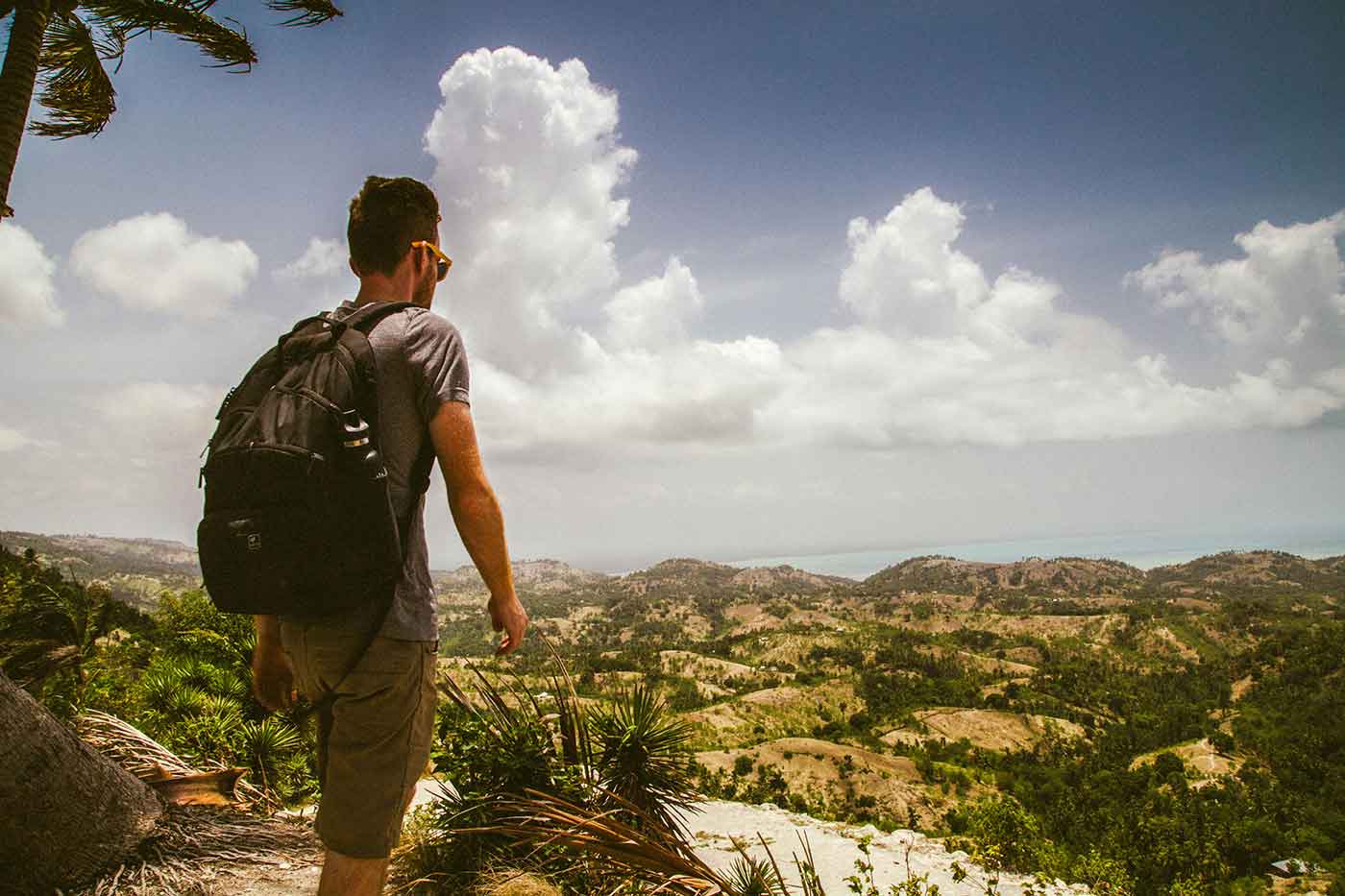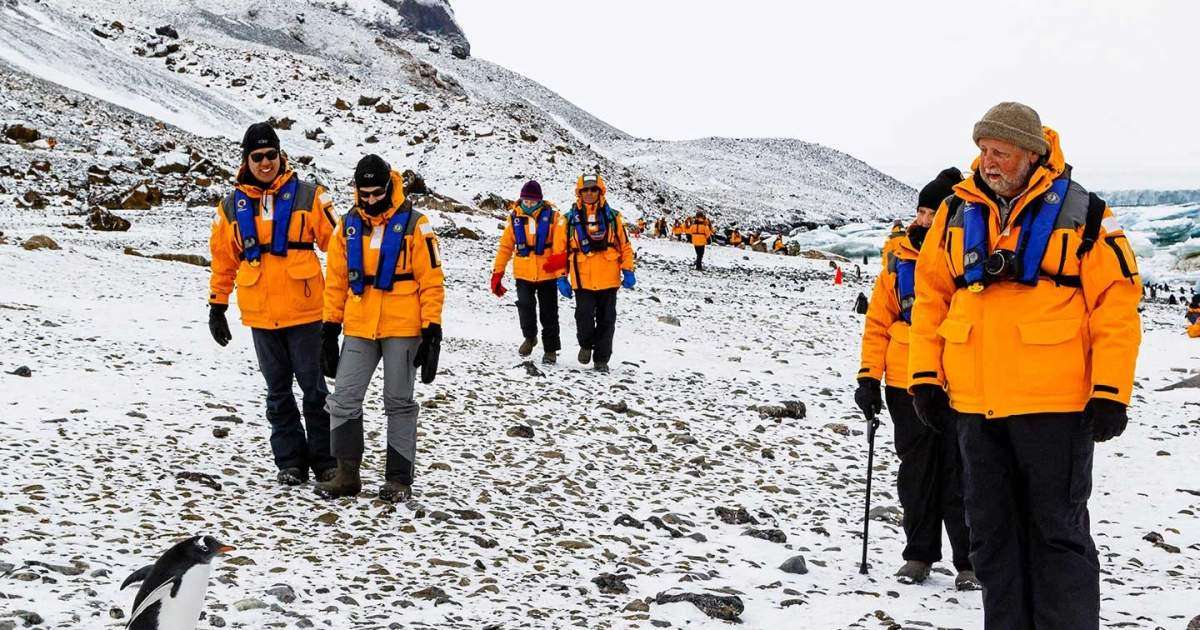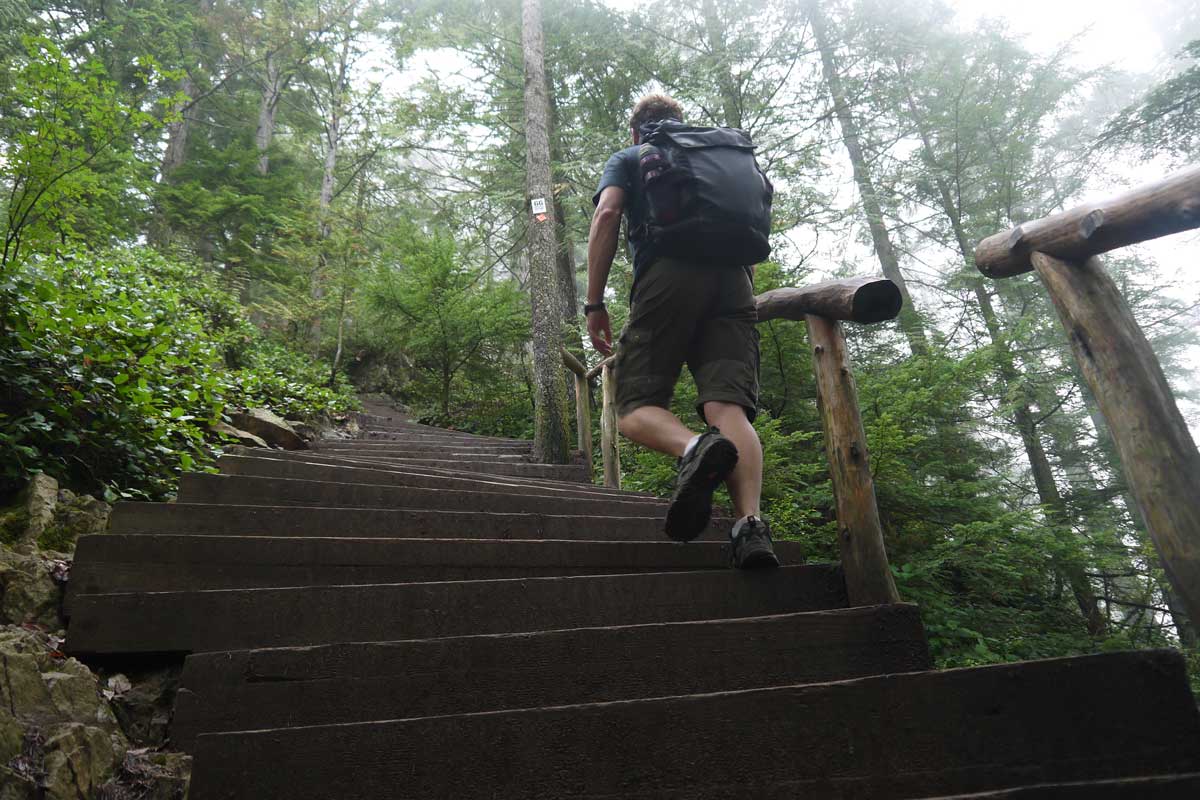Road Travel – Life on the road is an ongoing adventure with new experiences, cultures, and great food. But it’s not all glamorous – think long bus rides and questionable hostel beds.
Long-term travel is fantastic for personal growth, making you more adaptable and open-minded. However, it’s not always smooth sailing. Here are some tips:
- Don’t bring your whole closet!
- Adapt to the current circumstances and proceed accordingly.
- Take care of yourself and keep yourself in top physical shape.
- Document your journey
Remember, despite the challenges, life on the road is worth it. So, go out there and explore!
Live on Road Travel Embracing the Nomadic Lifestyle

The Joys and Challenges of Traveling Long-Term
Traveling long-term is an exhilarating journey filled with a myriad of joys and challenges. At its core, long-term travel offers a unique opportunity to immerse oneself deeply in diverse cultures, landscapes, and experiences, fostering personal growth and expanding horizons.
One of the greatest joys of long-term travel is the freedom it affords. With no strict itinerary to adhere to, travelers can wander off the beaten path, discover hidden gems, and forge genuine connections with locals. Each destination becomes not just a stop on a map, but a chapter in a rich tapestry of experiences, memories, and stories to be cherished for a lifetime.
Long-term travel fosters independence and resilience as travelers navigate unfamiliar territories, overcome language barriers, and adapt to new customs. These challenges lead to personal development and a deeper understanding of oneself and the world
SCHEDULE YOUR TRIP WITH VIATOR
Despite the joys, long-term travel poses challenges like homesickness, managing finances and healthcare, and coping with constant movement and unpredictability, demanding resilience and adaptability.
Nevertheless, it is often in facing these challenges head-on that travelers experience the most profound growth and transformation. Overcoming obstacles fosters resilience, adaptability, and a newfound appreciation for the journey itself. Ultimately, the joys and challenges of long-term travel are intrinsically intertwined, shaping not only the destinations we visit but also the individuals we become along the way.
The Freedom of Road Travel
There’s something liberating about hitting the road with no set destination or timeline. You have the freedom to go wherever your heart desires, stay as long as you want, and change plans at a moment’s notice. This type of travel allows you to truly immerse yourself in different cultures, connect with locals, and experience things that you wouldn’t have if you were just passing through.
But with this freedom comes responsibility. You have to be self-sufficient, make your own decisions, and deal with any challenges that come your way. It’s not always easy, but it’s definitely worth it.
The Beauty of Slow Travel
One of the biggest perks of road travel is being able to take your time. You’re not rushing from one tourist attraction to the next, trying to cram everything into a short trip. Instead, you can slow down and truly appreciate the places you visit. You can spend a week in a small village, getting to know the locals and their way of life. Or you can take a detour and explore a hidden gem that you stumbled upon. Slow travel allows for a deeper and more meaningful travel experience.
The Sense of Community Among Travelers
Road Travel – Traveling long-term means you’ll meet a lot of other travelers along the way. And there’s a special bond that forms between people who are living on the road. You share similar experiences, struggles, and passions. You may only spend a few days together, but those moments can turn into lifelong friendships. Plus, having a network of fellow travelers can be incredibly helpful when it comes to tips, recommendations, and even finding travel buddies for future adventures.

Tips for Making Friends on the Road
- Stay in hostels – Hostels are a great place to meet other travelers, especially if you stay in dorm rooms. Strike up a conversation in the common area or join a group activity organized by the hostel.
- Attend local events – Check out local festivals, markets, or concerts. These are great places to meet both locals and travelers.
- Join online communities – There are plenty of Facebook groups and forums for travelers. Joining these can help you connect with like-minded individuals and even find travel buddies.
The Challenges of Life on the Road – Road Travel
Dealing with Homesickness
Road Travel – No matter how much you love traveling, there will be moments when you miss home. It’s completely normal and nothing to be ashamed of. Being away from your family, friends, and familiar surroundings can be tough. But there are ways to cope with homesickness:
- Stay connected – Thanks to technology, it’s easier than ever to stay in touch with loved ones back home. Schedule regular video calls or send postcards to keep them updated on your adventures.
- Create a home away from home – Find a cozy café or park where you can relax and feel at ease. Having a familiar spot can help ease feelings of homesickness.
- Embrace the present – Instead of dwelling on what you’re missing, focus on the amazing experiences you’re having in the moment. This will help shift your mindset and make you appreciate your travels even more.

Budgeting and Finances
Traveling long-term means you have to be mindful of your budget. You can’t just splurge on every meal or activity because you have to make your money last. This can be challenging, especially if you’re used to a certain lifestyle. But with some planning and discipline, you can make your money stretch further.
Tips for Budget Traveling
- Cook your own meals – Eating out can add up quickly. Consider staying in accommodations with a kitchen so you can cook some of your meals. Not only will this save you money, but it’s also a great way to try local ingredients and recipes.
- Use public transportation – Taxis and private tours can be expensive. Opt for public transportation whenever possible to save money on getting around.
- Prioritize your activities – You may not be able to do everything on your bucket list, so choose the activities that are most important to you and budget accordingly.
Staying Healthy on the Road – Living on the Road
Traveling can take a toll on your physical and mental health. Long flights, different time zones, and constantly being on the go can leave you feeling exhausted. Plus, trying new foods and being exposed to different environments can lead to stomach issues. It’s important to prioritize your health while on the road.
Tips for Staying Healthy on the Road – Living on the Road
- Get enough rest – It’s tempting to try and see everything in a short amount of time, but don’t forget to give yourself some downtime. Your body needs time to rest and recharge.
- Stay hydrated – Always carry a reusable water bottle with you and make sure to drink plenty of water throughout the day.
- Pack medication – Bring along any necessary medication, as well as over-the-counter remedies for common travel ailments like motion sickness or upset stomachs.
FAQs About Living on the Road
Q: Is it safe to travel alone?
A: While there are always risks associated with traveling, solo travel is generally safe. Just make sure to research your destinations beforehand, trust your instincts, and take necessary precautions.
Q: How much money do I need to travel long-term?
A: This depends on your travel style and the destinations you plan to visit. It’s important to create a budget and stick to it, but also have some extra funds for unexpected expenses.
Q: What should I pack for long-term travel?
A: Pack light and bring versatile clothing that can be layered. Don’t forget essentials like a first aid kit, travel documents, and a universal adapter.
Q How should I handle culture shock?
A Experiencing culture shock is totally normal when you’re exploring new places. Embrace the differences and make an effort to understand the local culture. Having a support system of fellow travelers who can relate to your experiences can also be really helpful.
Q: How do I find accommodation while on the road?
A: Hostels, guesthouses, and Airbnb are popular options for budget travelers. You can also consider house-sitting or volunteering in exchange for accommodation.
Conclusion: The Rewards of Living on the Road
Despite the challenges, living on the road is an incredibly rewarding experience. You’ll learn more about yourself, gain a new perspective on the world, and create unforgettable memories. So if you’re considering long-term travel, don’t let the obstacles hold you back. Embrace the nomadic lifestyle and all it has to offer. Happy travels!
